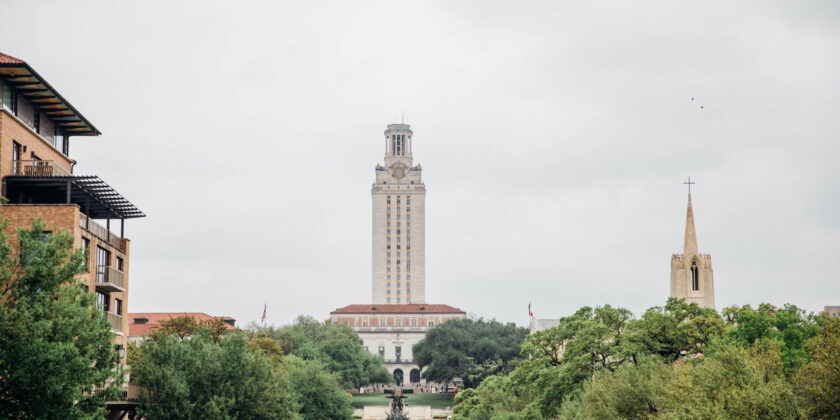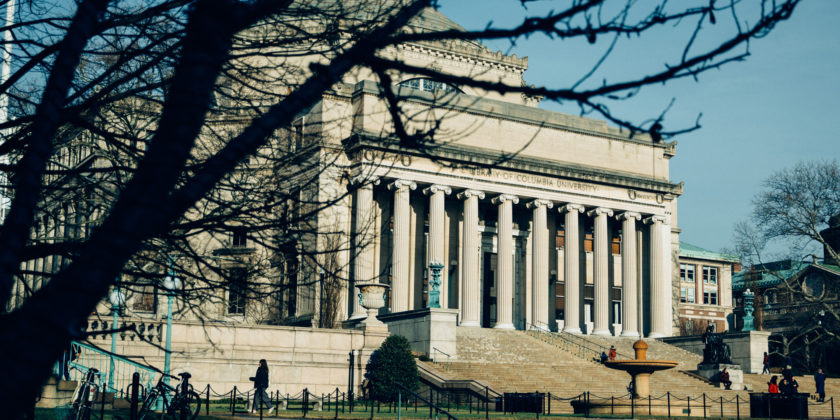
Focus on the next fours years, not the last.
The class of 2022 is resilient. They’ve weathered a pandemic, the confusion of test-optional, okay at best online schooling—the list goes on.
Great read in Charter by S. Mitra Kalita. “Bottom line: You’re going to be fine. Let’s focus on the next fours years, not the last!”
*Stay in the know! Subscribe*
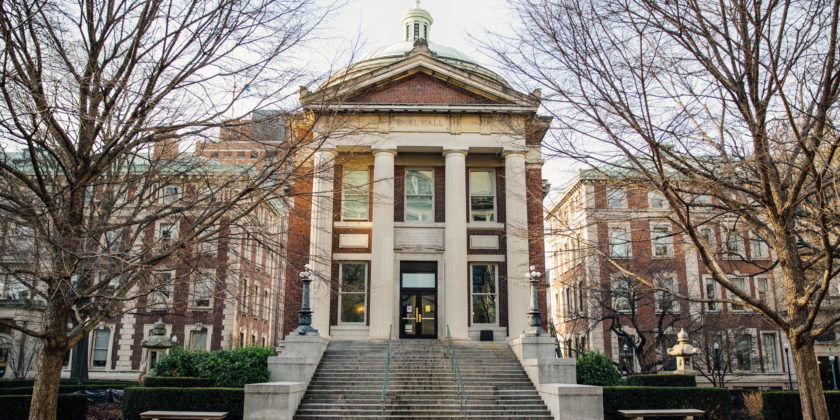
Get Involved with jGirls+ Magazine!

Now accepting applications for 2022-2023 teen editor and staff photographer positions!
The application is open to self-identifying Jewish girls, young women, and non-binary people across all backgrounds and across North America who will be in 10th-12th grades in the 2022-2023 academic year.
They actively encourage applicants who are diverse in their Jewish identification, sexual orientation, gender expression and identity, race, ethnicity, and abilities. If you’re unsure whether jGirls+ staff positions are open to your specific Jewish and/or gender identity, they encourage you to read the FAQs for those answers and more. Applications are open now through April 14th.
jGirls+ editorial board members and staff photographers make a difference in the world by:
- Building an online community of future Jewish leaders.
- Providing space for Jewish teenage girls, young women, and nonbinary teens to make their voices heard.
- Engaging in discussion across differences of background, opinion, and perspective.
*Stay in the know! Subscribe*
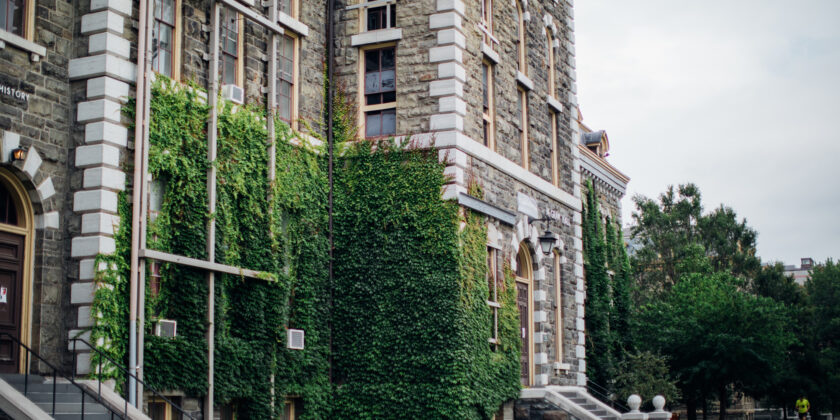
2022 Waitlist Strategy
We predict big waitlists again this year.
Are you on one? Reach out for individualized advice, and keep reading below!
For an example letter, please subscribe to our blog (link below) and email us
Getting admitted from the waitlist is not easy. However, it is possible with a viable strategy and some persistence. Although we do not suggest being overly optimistic, here are some of the strategies that have worked.
First, get familiar with the WL data from past years. How many students are offered spots on the WL? How many accept their spot, and more importantly, how many does school X ultimately admit? Some of these numbers are dismal, but it is best to know what you are up against. Look at the Common Data Set first (http://www.commondataset.org/). A few other sites to review:
Before implementing waitlist strategies (below), it is important to deposit at a current top choice school (a school where you have been admitted) and get excited about the prospect of attending. Take advantage of admitted student days and other events that connect you with potential future classmates, including joining “Class of 2026” social media groups. These forums are often very informative, fun, and can help you take your mind off the waitlist waiting game.
Once you have accepted a spot on the WL, deposited elsewhere, and familiarized yourself with the waitlist data, consider the strategies below. Not all of them are novel, but without much to lose, why not do all you can so you can look back without any what-ifs?
- Write a waitlist letter. This letter should contain information updating the school on what you’ve been up to both inside and outside of the classroom since the time you applied—but most importantly—it needs to fill in any GAPS from your original application and highlight a few specific value-adds you will bring to X campus. This is where individualized feedback can be critical.
- Consider including:
- Academic Updates: Spend some time talking about coursework and school projects, and make connections to future courses of study. You can even drop in related courses you’d like to take at school X, like those you’d include in a Why School essay, but only do this if you did not submit an essay of this type when you applied, otherwise you are being redundant and that is not well-received.
- Extracurricular Updates. But only if significant and can be connected to how you will add value to the school where you are deferred. This includes school and non-school clubs, service commitments, and/or other leadership experiences you can highlight. Like the academic paragraph(s), making connections to similar opportunities you plan to undertake in college can be helpful additions. For example, if you talk about a new project you spearheaded as VP of your school’s Interact Club, you may want to include that you hope to lead a similar project within a specific club or group at school X. Being very specific is important.
- The additional ways you have connected with and continued to get to know school X since you applied. This could include setting up an informational interview with a local alum, a current student, reaching out to your local regional alumni group (more on this below), or continuing to connect with your regional rep via email.
- Make sure you read and follow any specific WL directions that are shared with you. You might be asked to send updates to a specific WL manager, or upload them on your applicant portal. If you previously connected with your rep (you should have at the beginning of the process), reach back out and ask them if they have any advice for you as a waitlisted candidate. Keep this line of communication open; do not send updates every week, but stay in touch to continue to demonstrate interest.
- Ask your guidance counselor to call the admissions office and advocate for you, as well as provide any additional information they may have that will support your candidacy. Ask them to back up what they say on the phone in an email if they have time. Make sure they send updated grades/transcripts promptly. Your grades should have remained the same or gotten better, not dipped.
- Obtain and have an extra letter of recommendation sent, but only if the school welcomes extra LORs. A teacher, coach, or someone else close to you who can speak to your potential contributions to the university could draft this letter. Some schools explicitly state on their WL docs they do not welcome or want extra LORs; if that is the case, don’t send. *Side note on alumni letters and letters from well-known and or famous people. Many students ask if these are helpful to send, and the answer is no unless the person knows well you or they are a very high-level donor with solid connections to admissions (even then, why count on someone else?). If you think that a big name vouching for you will help, it generally doesn’t as a stand-alone factor, and officers can see through these often brief and less than meaningful notes.
- Worth saying again: Make sure you follow any directions they provide!
Additional strategies…
- Check if school X has a local alumni group (Google search) and if so, reach out to them and ask if there is anyone willing to meet with you via Zoom for an informal informational interview. Use this meeting as an opportunity to learn more about the school, as those learnings might be good fodder for a WL update.
- Use social media to your advantage. Don’t be afraid to follow your WL school on TikTok, Instagram, or other social channels to connect. Don’t forget to open all email correspondence from the school, as schools track opens/clicks as interest.
You don’t need to…
- Show up on campus or engage in other over-the-top moves that you think will make an impact. They won’t. Please understand that this type of behavior is not appreciated or welcomed.
More questions about the WL? Email us!
*Stay in the know! Subscribe*
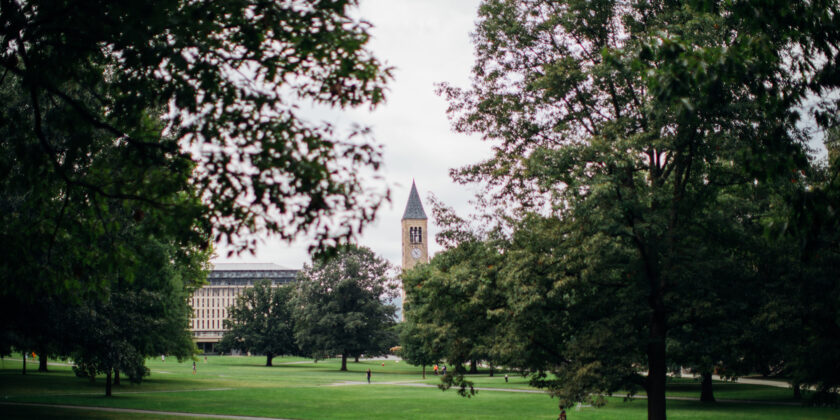
Regular Decision Notification Dates
March is a big month for decision releases, but don’t be surprised if some schools need until early April due to app numbers this year.
Head over to College Kickstart for a frequently updated list of RD decision release dates.
*Stay in the know! Subscribe*

Free Event – Majors to Careers: Business
Exploring majors? Considering studying business? Join us to hear different viewpoints about studying and working in business – featuring current college students, career counselors and alumni in the field, as well as admissions professionals from Coalition schools. Come with your questions to this interactive panel discussion, and stay for a college fair to explore opportunities at a variety of Coalition schools.
Panel Discussion (7 to 7:45 p.m. ET)
Featuring admissions officers from Indiana University Bloomington, University of Michigan, and University of Notre Dame, along with student, alumni and career counselor perspectives.
College Fair (7:50 to 9 15 p.m. ET)
SESSION A. 7:50-8:30 p.m. ET
Room 1: Florida Southern College, Indiana University Bloomington, Skidmore College
Room 2: Southern Methodist University, University of Michigan, York College of Pennsylvania
Room 3: Maine Maritime Academy, Ramapo College of New Jersey, University of Notre Dame
Room 4: Johns Hopkins University, North Carolina State University at Raleigh, University of Dayton
Room 5: Hope College, Texas State University, Washington University in St. Louis
SESSION B. 8:35-9:15 p.m. ET
Room 1: Chatham University, St. Edward’s University, University at Buffalo
Room 2: Case Western Reserve University, Marquette University, University of Connecticut
Room 3: James Madison University, University of Massachusetts – Lowell
Room 4: Binghamton University, Lycoming College, University of South Carolina
Room 5: Lehigh University, UNC Charlotte, University of Vermont
Register
Consult the schedule above, then make your selections here.
Please note: Coalition schools may be in touch with you following the event based on the information you provide here.
Please check your email (bmaschal@gmail.com) for the links to join the opening panel as well as your selected fair sessions.
In the meantime:
- Invite a friend to join you at Coalition events! Share this link.

News of the Week!
UC extends the application filing period. Effective beginning with the fall 2023 admissions cycle (applicants filing in 2022), the University of California has changed the application filing period. The new filing period will be October 1 – November 30. Note: the deadline will not change. Allowing students to submit their application as early as October 1 [note: please submit apps early] could ease some of the pressure students normally feel at the end of the year, as well as those worsened by the pandemic.
But also…
Thousands of prospective students may be denied admission to the University of California, Berkeley, after a judge ordered the institution to freeze enrollment amid an ongoing legal dispute with a local community group over the environmental impact of a proposed expansion plan. The order to freeze enrollment at UC Berkeley was handed down in August by an Alameda County Superior Court judge in response to a lawsuit brought by a local group called Save Berkeley’s Neighborhoods, which has been organizing around this issue since 2018. The University of California Board of Regents appealed the decision and asked the court to stay the order to freeze enrollment while the appellate process plays out. That request was denied last week. Now regents are appealing to California’s Supreme Court.
Navigating the road to admission: As the landscape changes in admission, some high school seniors wonder how they were denied admission at their local university, which two years ago would have been a “sure thing.” Parents ask how Northeastern University has a lower early acceptance rate than Harvard University. Meanwhile, colleges use enrollment tactics that are not always student-centered. One example is the practice of deferring students’ early applications and then to be a competitive candidate encouraging them to convert to a binding Early Decision plan, only to deny the student admission in the end. Read more about these college admissions truth bombs.
Does calculus matter too much in admissions? We think so.
The U.S. House of Representatives approved an amendment to add the College Transparency Act to another bill, which the House then passed. The result will be much more information made available about how colleges perform at educating students.
*Stay in the know! Subscribe*
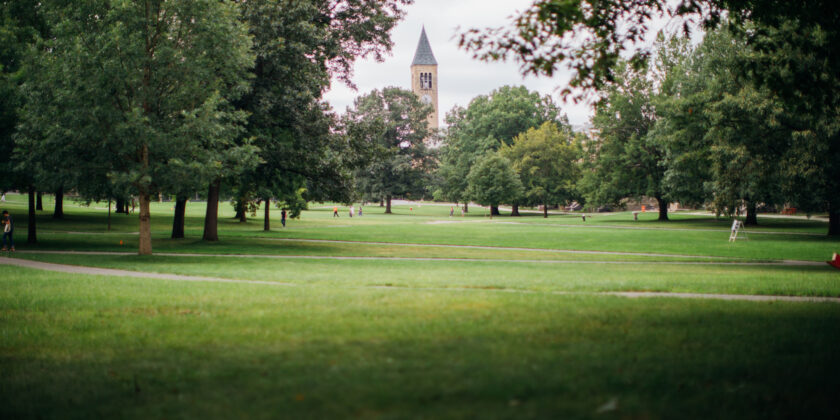
News of the Week
Will test-optional become the new normal? As more colleges embrace the practice for a few years—or permanently—the debate is changing.
So of course….the College Board Announces Streamlined, Digital SAT.
The Supreme Court agreed to hear an appeal of a decision that Harvard University’s use of affirmative action in college admissions is legal. The court will also hear an appeal of a ruling that the University of North Carolina at Chapel Hill’s use of affirmative action was legal.
*Stay in the know! Subscribe*

Best Summer Programs for High School Students: Social Justice & Activism
As part of your college application, extracurricular activities—including those over the summer— help demonstrate your intellectual curiosity and commitment to an area of study (typically, the one you might pursue in college).
But “programs” are not the only way to explore academic interests. You can join clubs at your school or locally, take free online classes via edX and Coursera, shadow, or intern (aka volunteer for most students)—there are tons of options ranging from super formal (and pricey) to those as simple as reading in your free time.
The following programs are some of our favorites for students interested in exploring social justice and activism.
Pen American Free Speech Advocacy Institute (Spring too!!!). PEN America’s Free Speech Advocacy Institute is a 15-week online education and training program that will provide students with a foundational understanding of free expression as a civil right and an ongoing contemporary topic of social and political conversation. Students will be introduced to a broad range of issues related to free expression at both the domestic and international levels, covering the First Amendment and free expression limitations established by the Supreme Court, as well as the history of free expression as a human right, and other modern issues related to the Internet, protest, political dissent, hate, and freedom of the press.
The ACLU National Advocacy Institute’s High School Program will convene a virtual gathering of high school students (ages 15-18) from across the United States to participate in a week-long learning experience for the next generation of social justice advocates.
The NYCLU has prioritized youth activism for more than 20 years. They work with youth organizers across New York State to ensure that young people know their rights, know how to access those rights and learn how to effectively organize around civil rights and civil liberties in their schools and communities. They are eager to organize alongside youth activists, educators and parents alike to effect change in New York. Check out these projects: Teen Activist Project & Student Ambassadors.
FFAC National High School Mentorship. Are you a high school student interested in working to create a more just and sustainable food system? Are you looking for a deeper understanding of social issues and your place as an advocate in the movement? Would you like to be part of a supportive community of like-minded changemakers? If so, consider applying to Factory Farming Awareness Coalition’s Student Advocates program.
Religious Action Center Teen Justice Fellowship. RAC teen fellowship programs are learning intensives in community organizing, designed to equip our youth leaders with the skills to create change in their home communities. Through fellowships, high schoolers connect with other social justice leaders from across the country and learn lifelong skills applicable to any issue they are passionate about. The fellowships value experiential learning, moving beyond theory and Zoom trainings into action. Each fellowship culminates in teens designing and implementing a project in their home communities. As a fellow, you’ll learn community organizing skills, explore your own identity and what your sources of privilege and oppression are, the roots of voter suppression in America, skills to register voters, and complete a civic engagement project in your home community. You get to learn, decide how you want to make an impact, and be the leader that makes it happen.
*Stay in the know! Subscribe*

